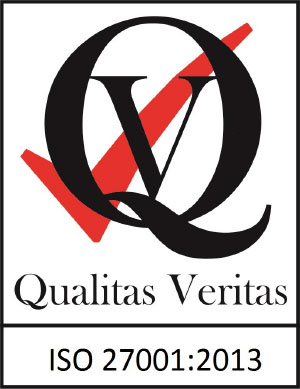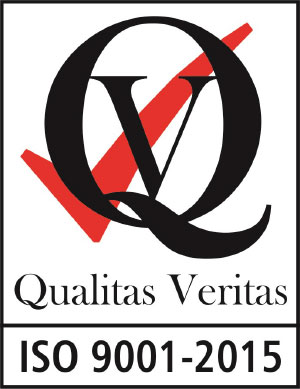Case Studies
This case study highlights how GTR partnered with a UK-based international recruitment firm to successfully recover VAT on travel and expenses. The company frequently sends consultants and executives abroad for client meetings, trade shows, and training events across Germany, France, Italy, and the Nordic regions.
Always only a phone call or email away
Call: +353 1 4587 460 / +442045020360 or email: info@globaltaxreclaim.com

GTR, Northwood Business Park, Santry, Dublin, D09 XC81, Ireland
Call: +353 1 4587 460 Email: info@globaltaxreclaim.com
Certified


Members of
Manage Consent
To provide the best experiences, we use technologies like cookies to store and/or access device information. Consenting to these technologies will allow us to process data such as browsing behaviour or unique IDs on this site. Not consenting or withdrawing consent, may adversely affect certain features and functions.
Functional Always active
The technical storage or access is strictly necessary for the legitimate purpose of enabling the use of a specific service explicitly requested by the subscriber or user, or for the sole purpose of carrying out the transmission of a communication over an electronic communications network.
Preferences
The technical storage or access is necessary for the legitimate purpose of storing preferences that are not requested by the subscriber or user.
Statistics
The technical storage or access that is used exclusively for statistical purposes.
The technical storage or access that is used exclusively for anonymous statistical purposes. Without a subpoena, voluntary compliance on the part of your Internet Service Provider, or additional records from a third party, information stored or retrieved for this purpose alone cannot usually be used to identify you.
Marketing
The technical storage or access is required to create user profiles to send advertising, or to track the user on a website or across several websites for similar marketing purposes.